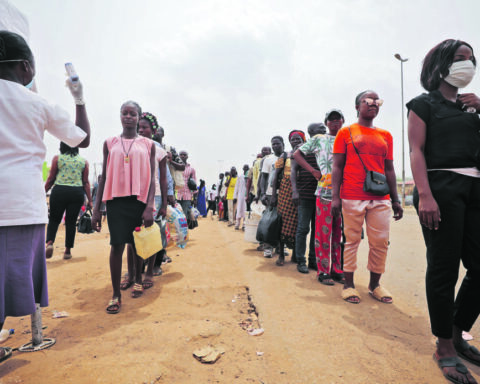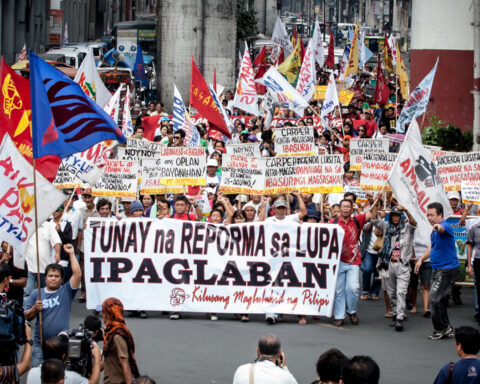In Bolivia, according to data from the National Statistics Institute (INE), as of July of this year, the open urban unemployment rate was 9.3%, a figure that reveals a strong increase in relation to the rate registered in 2019 (4,8%).
The massive layoffs in the public and private sectors, and the variable paralysis of various economic lines, contributed to the increase in unemployment. Likewise, the impact has been strong for the workers of the land, peasant producers who cultivate different products as a means of subsistence and not on a large scale, who were limited by the bans on transportation and marketing. In fact, many products that were marketed locally through complementary school food services (breakfast), could not be delivered because classes were suspended since March, and in August the school management was canceled.
The economic crisis is exacerbated by the reduction in oil prices at the international level, which directly affect a raw material mono-exporter country such as Bolivia, whose revenues for the General Treasury of the Nation (TGN) come mainly from the sale of gas to countries like Argentina and Brazil. The reduction in income has an immediate impact on the reduction of budgets for autonomous departmental governments, autonomous municipal governments, and public universities.
The alert that closes this context and that configures the current political dispute, is the impulse of the transitory government in recent months, to the development agenda of the agro-industrial sector, which through Supreme Decree No. 4232, intends to establish abbreviated procedures for the evaluation of corn, sugar cane, cotton, wheat and soy, genetically modified in its different events, destined to supply internal consumption and external commercialization. What puts Bolivia’s genetic biodiversity at risk would expand the use of pesticides and put the country’s food security and sovereignty at risk. Consequently, it will be necessary to look with special attention to the proposals of the political parties that act in the 2020 general elections.
To answer the question posed, it is important to assume the importance of diversifying the productive matrix of Bolivia, promoting more sectors that generate income and employment, such as agricultural development, tourism, housing, manufacturing, etc. But being a multinational and diverse country, with 36 nationalities and indigenous peoples, productive diversification is essential based on the community model of Vivir Bien, which focuses the dynamism of the economy on the satisfaction of basic needs, working for the more humble and promoting community production in harmony with Mother Earth.
Research should start from the analysis of food security and sovereignty and how to achieve them concretely, through concurrent public policies among all levels of government, with clear goals; well-defined inter-institutional and intersectoral roles; and public investment budget, which allow the specialization of Rural Economic Organizations (OECAS) and Community Economic Organizations (OECOM), and their link with complementary school food services in all municipalities of Bolivia, prioritizing organizational strengthening, education technical assistance, input support, and agricultural technical assistance and information and communication technologies, which contribute to access to information, transparency and social control.




